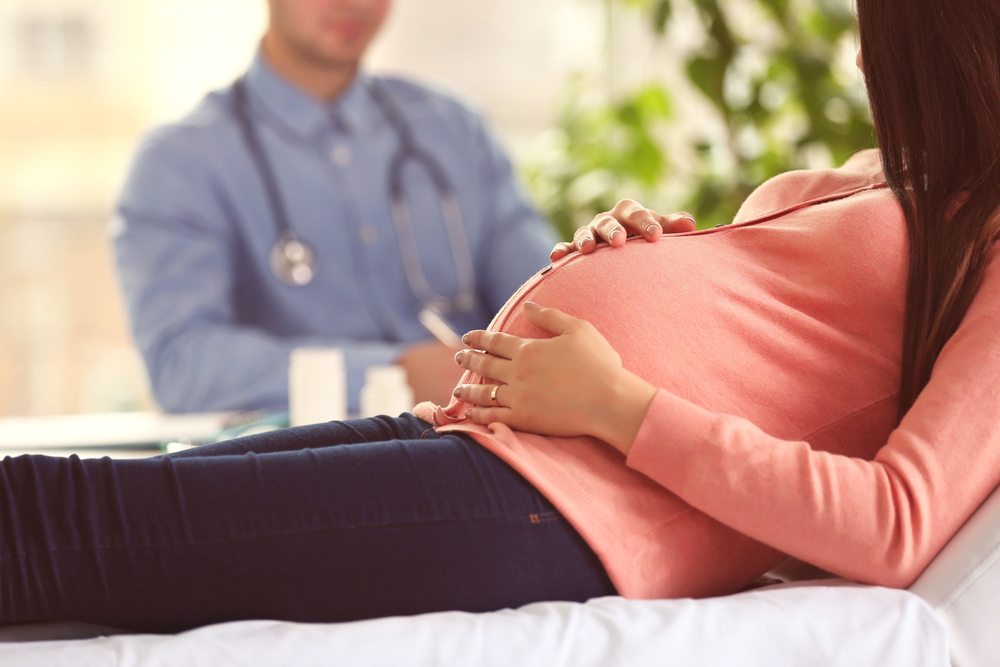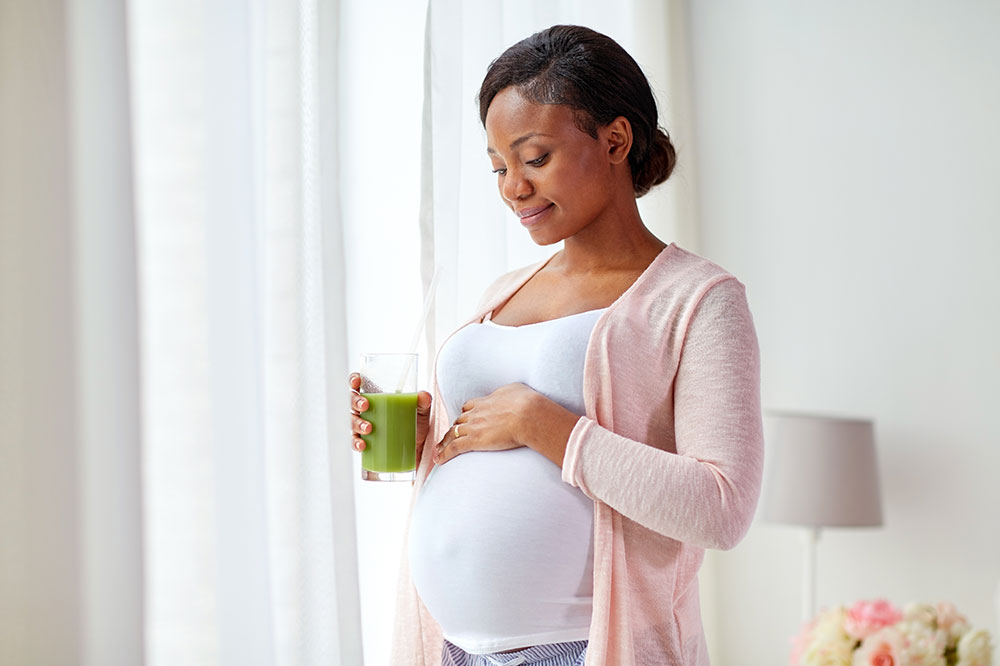Understanding the Factors Behind Rapid Weight Gain During Pregnancy
Pregnancy naturally involves rapid weight gain to support fetal development and maternal health. Key factors include fluid retention, increased blood volume, and growth of the uterus, placenta, and amniotic fluid. Proper nutrition and medical guidance are essential for healthy weight management during pregnancy, helping to ensure both mother and baby's wellbeing. This article explains the main reasons for weight increase and offers tips for maintaining a balanced diet during pregnancy to promote optimal health outcomes.

Understanding Why Women Gain Weight Quickly During Pregnancy
Weight gain during pregnancy is a natural adaptation designed to support both mother and developing fetus through the demanding process of childbirth. Although many women find this rapid weight increase concerning, it is a temporary phase. Typically, women shed around 11 pounds after delivery from the 25 to 40 pounds gained, with the baby accounting for only about 7.5 pounds of this gain.
Curious about why this weight gain occurs? Here are the main reasons:
Fluid Retention: The body accumulates extra fluids—around 4 pounds—to ensure proper hydration and blood flow to the fetus. Excess fluid, especially towards the end of pregnancy, may cause swelling in the legs and feet.
Increased Blood Volume: The heart works harder to pump oxygen-rich blood for both mother and baby, leading to up to 4 pounds of increased blood volume during pregnancy.
Growing Uterus: The uterus expands and becomes heavier by approximately 2 pounds to accommodate the developing baby.
Placenta Development: The placenta, an organ vital for nourishing the fetus, adds about 1.5 pounds.
Amniotic Fluid: The fluid surrounding the fetus, necessary for protection and movement, adds roughly 2 pounds.
Breast Changes: Hormonal shifts cause breast tissues to swell, resulting in an additional 2 pounds, preparing for milk production post-delivery.
Fat and Nutrient Storage: As birth approaches, the body stores extra fat and nutrients, especially around hips and thighs, to support breastfeeding and postpartum recovery. Breastfeeding later aids in weight loss.
Maintaining a balanced diet during pregnancy is essential. Poor nutrition may result in inadequate weight gain, risking complications like premature birth or developmental issues. Stress, pre-eclampsia, and certain health conditions like UTIs or autoimmune disorders can also influence weight gain. Pregnant women should avoid junk food and seek guidance from healthcare professionals or dietitians to ensure proper nutrition.
Note: The information provided aims to inform and support expectant mothers but should not replace medical advice. Consult healthcare providers for personalized care and diagnosis.










